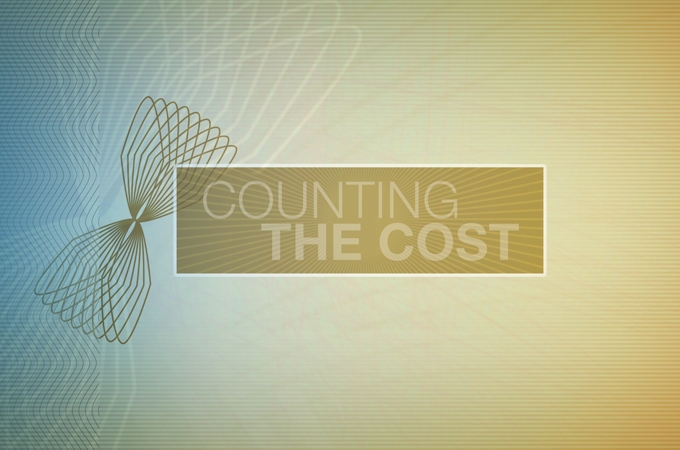
Venezuela at a crossroads
With a declining economy, protests, and a president under pressure, can Venezuela get its economic house in order?
Venezuela’s economy is in decline, its population is angry, and its president is under pressure.
Two months ago, people started protesting about soaring inflation and shortages of basic goods. They say they will stay on the streets until socialist President Nicolas Maduro resigns. But problems in Venezuela began long before Maduro came to power.
Late leader Hugo Chavez first had the idea of providing support to Venezuela’s poorest – which was laudable – but the plan relied on oil money and actually resulted in less money being invested in the oil sector – which then led to less oil production and less returns.
A decade of currency control pushed inflation up as high as 56 percent in 2013. In January, the central bank’s Scarcity stood at 28 percent, meaning that around one in four products tracked by that index were not available for people to buy. Venezuela also devalued its currency, the Bolivar, by almost 90 percent, and despite having $120bn in oil revenue a year, the country is expecting another year of recession.
So, can Venezuela get its economic house in order, and avoid political collapse? Al Jazeera’s Latin America editor Lucia Newman reports from Caracas on the relationship between a deteriorating economic climate and crime. She also sits down with Alejandro Grisanti, the director for Latin America at Barclays Bank, to get more of an idea about the source of all these problems.
The crisis of the rising sun
In Japan, the land of the rising sun also seems to be the land of rising debt. The country’s debt is almost 245 percent of its GDP, putting Japan at the top of the list of the world’s most in debt nations, with every man, woman and child effectively owing the equivalent of almost $100,000.
Second on the list of most debted nations is Ireland, where each resident owes slightly more than $60,000, and third is the United States where the figure is slightly less than $60,000.
Compounding Japan’s position at the top of that unenviable list is the fact that its population is ageing. In response, Japan’s government has decided to raise sales taxes from five to eight percent, which is not much compared to other nations, but it is the psychological damage they do that could hurt Japanese growth.
Japan’s Prime Minister, Shinzo Abe, has made economic recovery the priority of his administration, through his so-called Abenomics: a mixture of stimulus, deregulation and reform. The government has made a show of persuading big companies to raise salaries, and has announced an additional $50bn stimulus in the hope that any shock to the economy caused by the tax hike will be short-lived.
So are these the first steps towards a recovery? And what is next for Japan? Al Jazeera’s Harry Fawcett reports from Tokyo.
Ireland’s boom?
Finally, we look at Ireland, which is apparently experiencing a property boom. But what does that count for when homelessness and repossessions are also soaring?
In Dublin, there is a mini housing boom while close to 200,000 people have no way of paying their mortgage. Foreign capital seems to be behind the new boom, but it is locals who lose out. The banks have little reason to repossess a home in a depressed market, but when prices rise, people become vulnerable.
And while the new homeless have nowhere to go, huge numbers of half-built homes, where construction stopped when the last property bubble popped, sit as reminders of a previous nightmare.
So is Ireland about to repeat the mistakes that led to the financial crash of the Celtic Tiger? Laurence Lee reports from Dublin.
Watch each week at the following times GMT: Friday: 2230; Saturday: 0930; Sunday: 0330; Monday: 1630. Click here for more Counting the Cost . Follow Kamahl Santamaria @KamahlAJEand business editor Abid Ali @abidoliverali |
